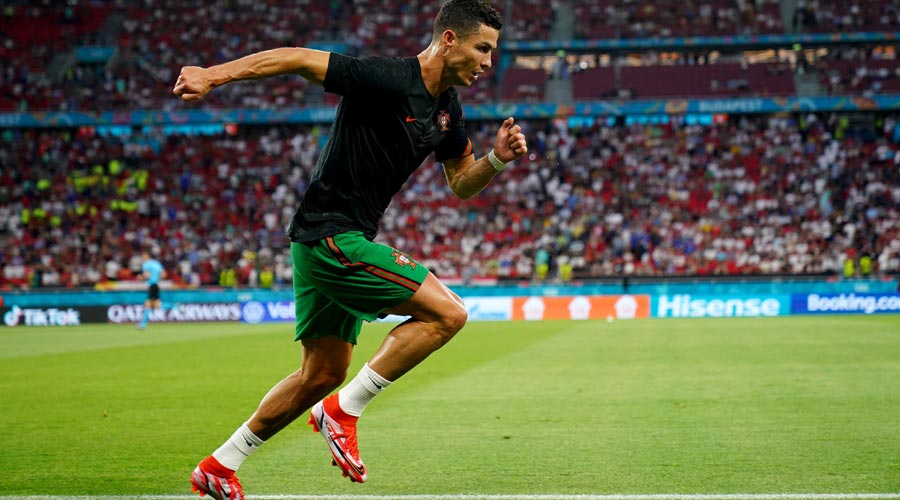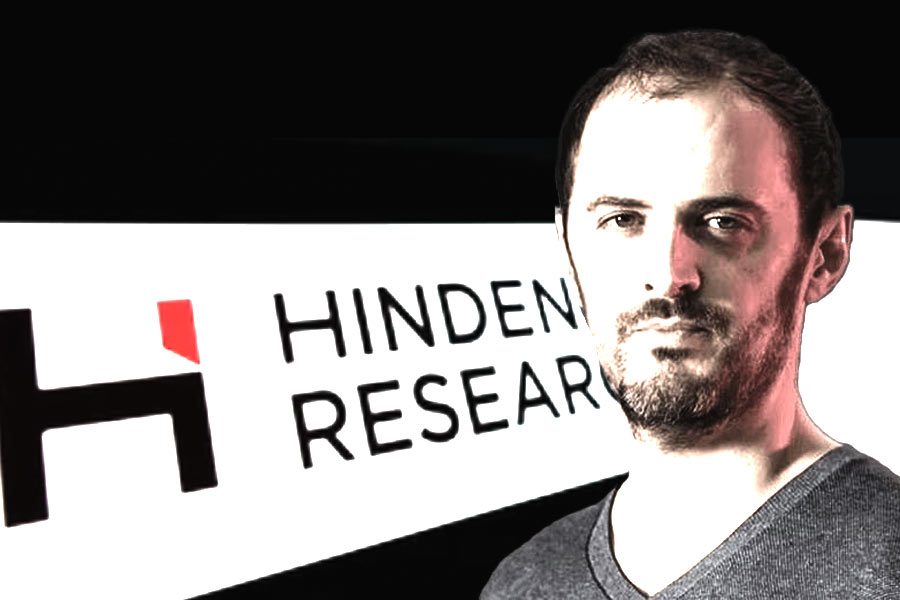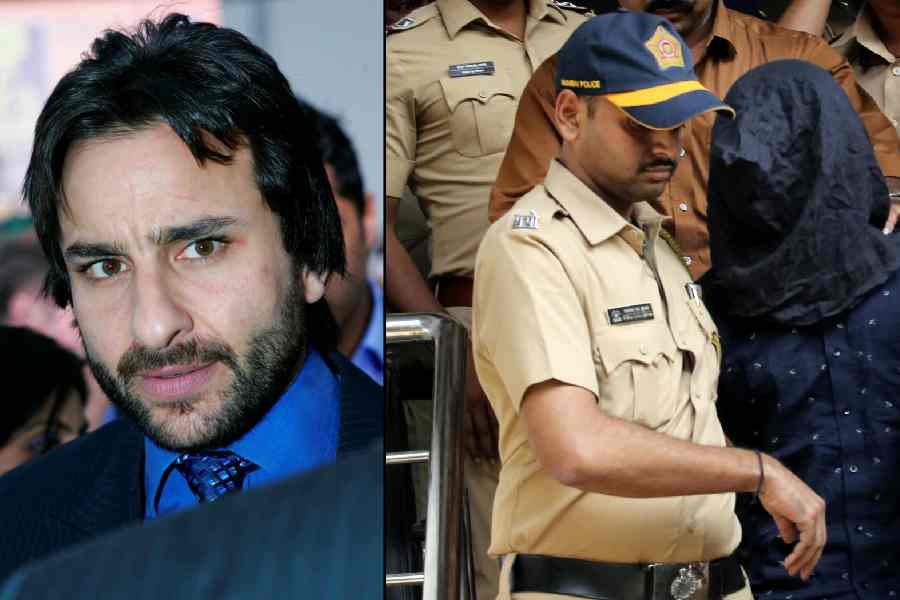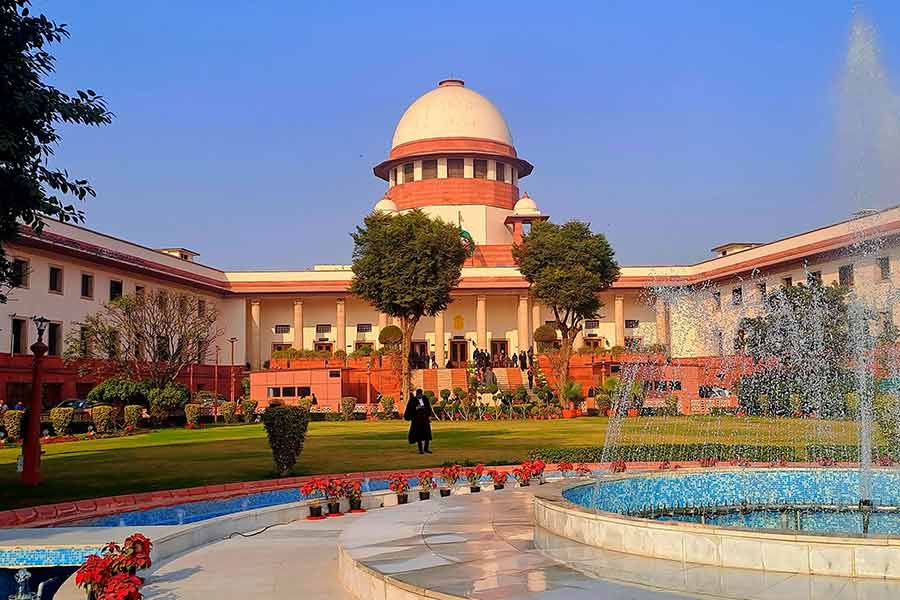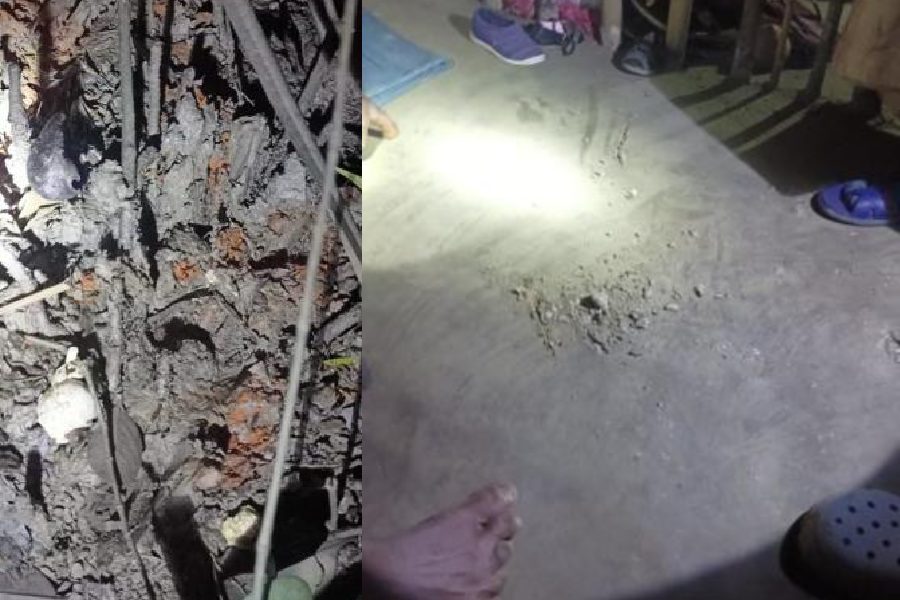The list of people who had let Cristiano Ronaldo down was, by the end, a long and illustrious one.
Their transgressions had varied, in both nature and severity, and so had their punishments: Diogo Jota, failure to pass, hard stare; Renato Sanches, not getting out of the way of a free kick, baleful finger-point; Bruno Fernandes, speculative and wildly inaccurate shooting not entirely unfamiliar to Ronaldo himself, primal scream into Seville’s stifling night sky.
Ronaldo, in his defence, had much to complain about. Portugal were in the process of surrendering the European crown they had scrapped and scrambled to win in France five years ago with hardly a whimper, meekly exiting the competition in the first knockout round with a 1-0 defeat to a surprisingly fragile Belgium team, and none of his teammates were beyond reproach.
Jota had been wasteful. Bernardo Silva had been ineffectual to the point of anonymity. Fernandes had injected a little vim and vigour after his introduction as a second-half substitute, but his energy was faintly chaotic, his blue-sky ideas seemingly generated at random, rooted more in hope than expectation. João Félix, thrown on at the same time, had struggled to match the rhythm of the game.
As he felt the tournament slipping away, it was understandable that Ronaldo might have wanted to lash out; he sets everyone the highest possible standard, and holds them to it.
This time, though, Ronaldo’s anger was misplaced. If anyone warranted the furious glares and the meaningful gesticulations, it was Fernando Santos, the coach who had led him to the proudest moment of his career and the one who, ultimately, prevented him from repeating it.
There was a little more than half an hour left to play when Santos decided that something needed to change. Portugal had a goal to chase — a wonderful, lightning-bolt strike from Thorgan Hazard — and a hard deadline.
Off came Jota — unable to replicate his Liverpool form — and the neat, but cautious, João Moutinho. On came Félix, the most expensive player in Atlético Madrid’s history, more than $100 million worth of elfin playmaker, and Fernandes, possibly the most influential individual player for Manchester United last season.
But while the personnel changed, the instructions did not. Or, at least, they did not seem to. Two of the brightest, most inventive minds in European soccer entered the field, tasked with creating chances for one of the greatest players of all time against a defence with a combined age of 101, and proceeded to cross the ball. Again and again. And when that did not work, they tried to shoot from range.
That made no difference, and so Santos went to his bench again, this time summoning André Silva, one of the most devastating forwards in Germany last season, and then Sérgio Oliveira, the glue of an F.C. Porto team that had reached the quarterfinals of the Champions League only a few months ago.
Oliveira ended up playing in a sort of defensive midfield role. Silva went and stood in the penalty area, next to Ronaldo, and waited for the crosses to come in.
It was not the execution of the plan that was the problem, but rather the efficacy of the idea itself. Belgium is the oldest team in the tournament. Its defence — Thomas Vermaelen, Toby Alderweireld and Jan Vertonghen — is the oldest part of its team. The suspicion remains that, for all its accumulated wisdom, it could be exposed by speed or by wit or by cunning, or by a combination of the three.
What it cannot be exposed by is crossing, and yet that is all Portugal asked it to do. Santos had charged his team with carefully working the ball wide, and then doing exactly what his opponent needed him to do, every single time. With all the Champions League-calibre creative power at his disposal, that is what he mustered.
And it was Santos’s methods, too, that earned Portugal the first, and only, international honour in its history. His vindication and his justification are right there, on his résumé, on his Wikipedia page, in his trophy cabinet. Santos has earned the right to get his approach wrong.
But it is hard to escape the sense that Portugal should, by now, be more than this. This is not a team anymore that needs to play such a rudimental, perfunctory style. Portugal is not a country that needs to cast itself as the plucky underdog. It has no less star power in its ranks than Belgium and its golden generation.
That, more than anything, is what Ronaldo should have been railing against, where he should have been pointing his finger and directing his stare: not at the players who could not stop Portugal’s elimination, but at the approach that meant it did not get to leave on its own terms.
New York Times News Service

